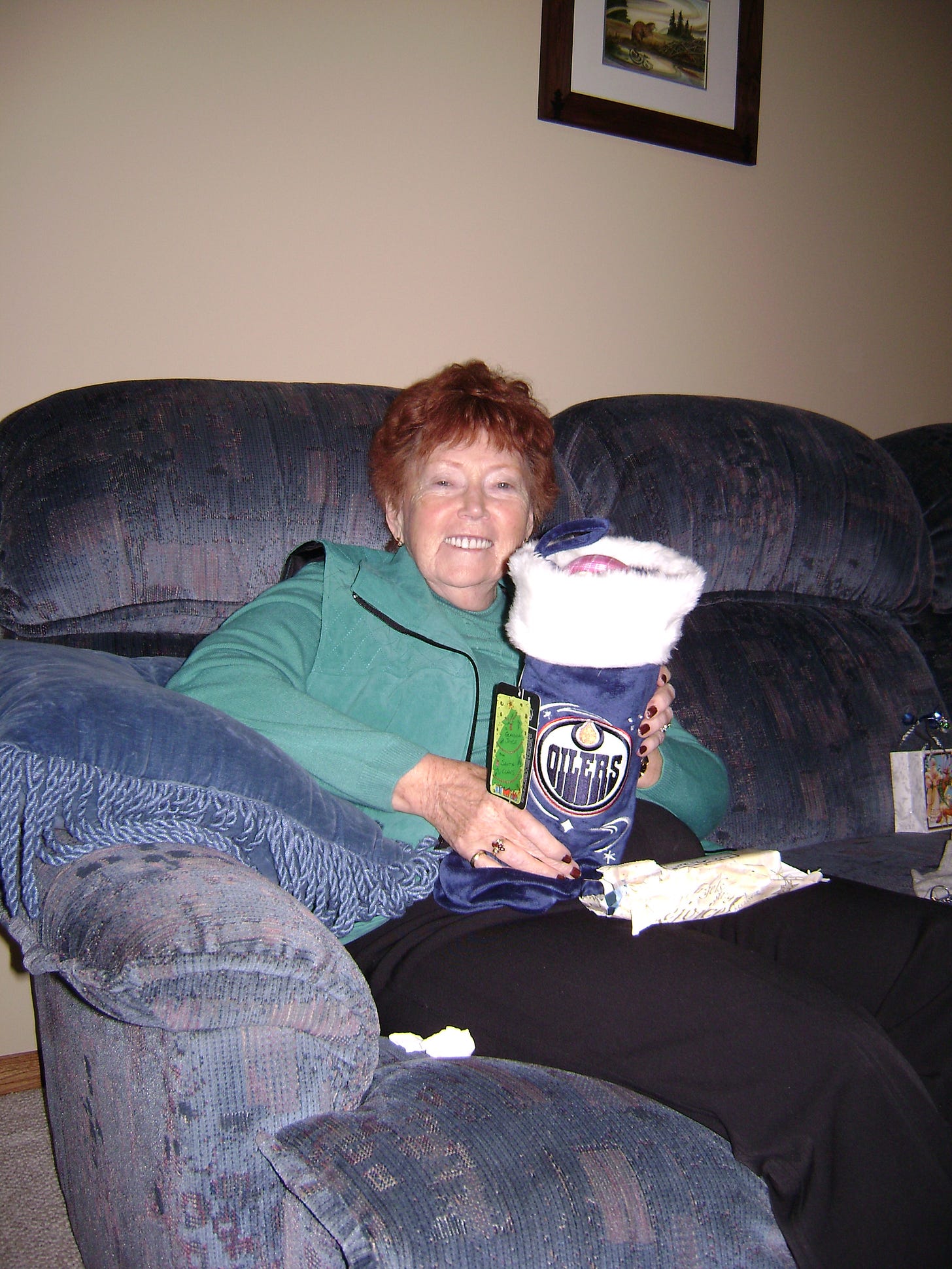The Power of Winning and the Appeal of Underdogs
Issue 124: Why winning increases identity and why underdogs have a unique appeal
Tonight is Game 7 of the NHL FINALS between the Florida Panthers and the Edmonton Oilers. Will the Panthers win their first cup or will the Oilers complete the greatest comeback in the history of the sport? Either way, the winning team has a chance to completely rewire the brains of an entire generation.
I am a lifelong Oiler fan and I’ll be anxious watching every play. Growing up in the chilly confines of Fox Creek in Northern Alberta there was little to do in the heart of winter. So we watched hockey.
One of my earliest memories as a kid is my grandfather shooing me and my brother out of the living room so my grandmother could “Watch her Boys”. Her boys were the 1980’s Edmonton Oilers—the most exciting team in the history of hockey.
Before long, I was curled up with my grandma on the couch watching Wayne Gretzky, Paul Coffee, Mark Messier, Jari Kurri, and Grant Fuhr light up some overmatched opponent. That team won 5 Stanley Cups in 7 year…





